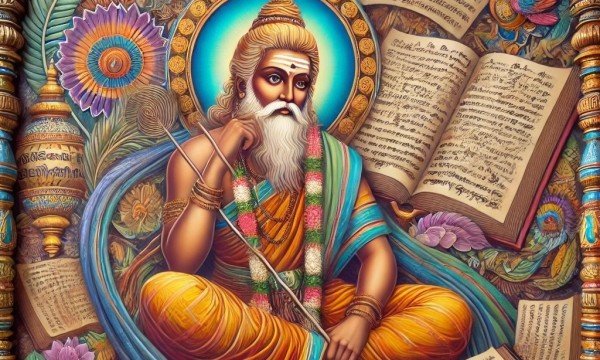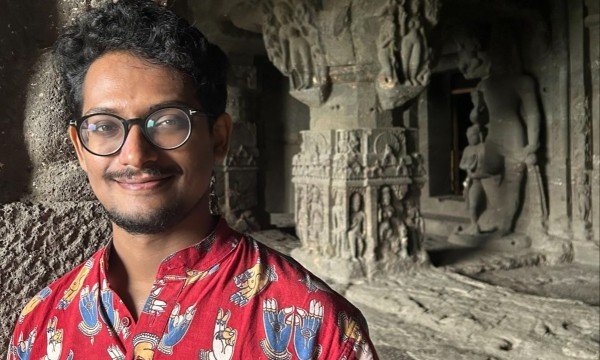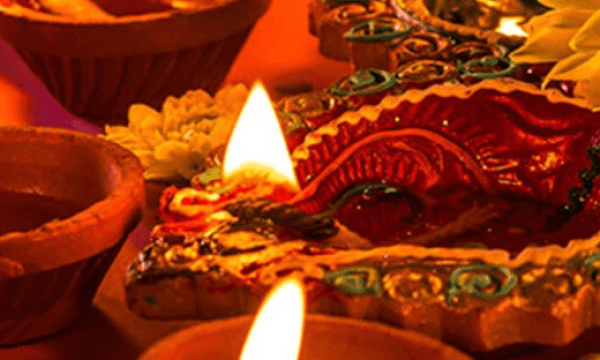
Date on your own terms! Join the other couples who have dated and married through myTamilDate.com. Join Here.
I’ve noticed a power imbalance between the children of Tamil immigrants and their parents.
There’s no doubt, if you are the child of an immigrant, your upbringing was most likely very different from theirs.
The majority of kids growing up (including myself at some point) develop some sort of superiority complex.
Getting access to different educational opportunities than our parents can often make us feel like our parents don’t know much.
And being taught that the countries our parents came from are “3rd world” countries or “underdeveloped” or “developing” nations, it makes sense why most of us painted an image in our heads that the motherland was below us.
It wasn’t until I was much older that I realized that the very countries we viewed as less than us, were thriving before colonization.
And the only reason these countries are suffering now is because of these ‘developed’ countries that I placed on a pedestal.
Don’t get me wrong, I love the country I was born and raised in.
I just think about how we grow up being fed a bias about the places our parents grew up in.
We constantly disregard parts of our heritage simply because our parents don’t have a good enough answer for us.
I think we need to logically approach these situations by looking at the bigger picture.
For myself, the truth is my community faced centuries of colonization and then genocide.
Generations of my community and family members never got to experience the same education and understanding of all of our traditions.
And yet, through all these hardships, there’s a number of celebrations and traditions that our people still held onto and passed down over the years.
So yes, our parents do not always have the proper explanations and science for many of our traditions or celebrations.
But that is not to say no one does.
One consequence of cultural erasure is that it sparks a movement for people to work just as hard to preserve their ancestral knowledge.
We are at a very vital point in history now.
Tamils live all around the world, and many of us are educated and immersed within different environments.
Before we shut down things as “backwards” or “superstitions” don’t you think we owe it to our ancestors and to ourselves to take the time to figure out whether there is truth or benefit to what our parents preach to us?
It’s one thing to disapprove of something after thoroughly researching its intentions and history,
But it’s just plain ignorant to cancel and neglect aspects of our heritage without trying hard enough to understand them.
Catch episodes of our latest podcast 'Identity'!
- Shakthi / Theatre, Intergenerational Trauma and Australian Tamil Identity
- Identity Podcast: Anuk/ Language, Grief and Tamil Community
- Maral/ Art, Belonging & Armenian-Iraqi-Canadian Identity
- Identity Podcast: Shuba/ Music, Feminism and Dual Identities
Let me give you an example.
In my community, Tamil adults freak out when someone tries to cut their fingernails at night.
I never understood this growing up, some people even called it a superstition.
After trying to find answers about our traditions, I was able to understand this is not a superstition but in fact there is science behind this reasoning.
If you’d like to learn why check out the video below.
READ NEXT:
- myTamilDate Success: Agi’s First Attempt With Online Dating Led Her To Soulmate Ano
- myTamilDate.com Love Story: Suji & Sinthu Lived 15 Minutes Apart For Years And Never Met Until Joining MTD
- How France Met Canada: A MyTamilDate.com Love Story
- myTamilDate.com Love Story: Tharshi & Ravi Found Love During Lockdown

























